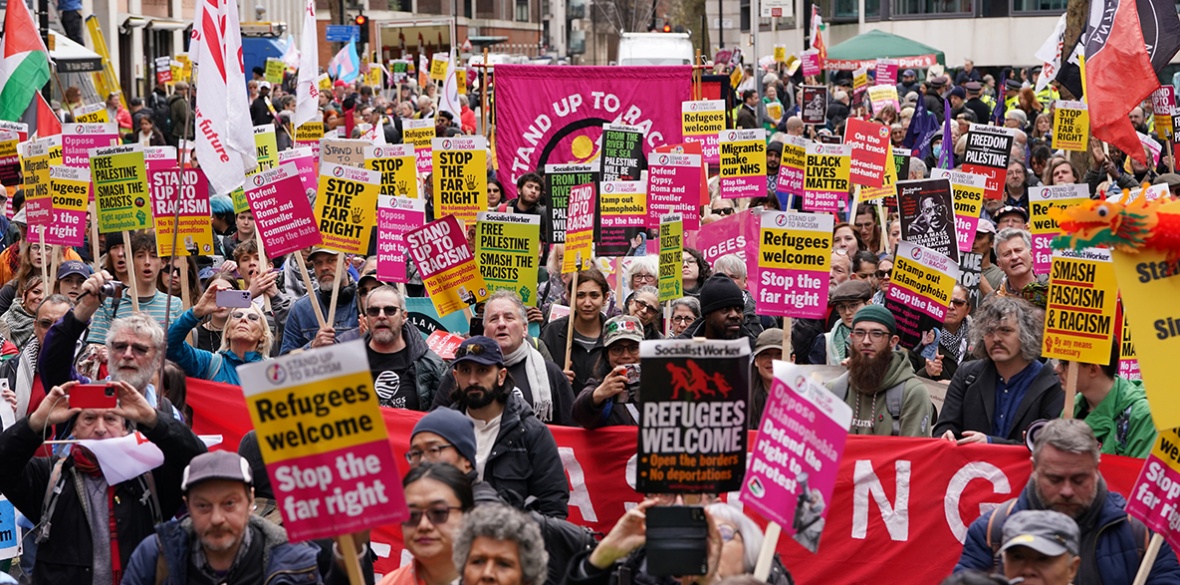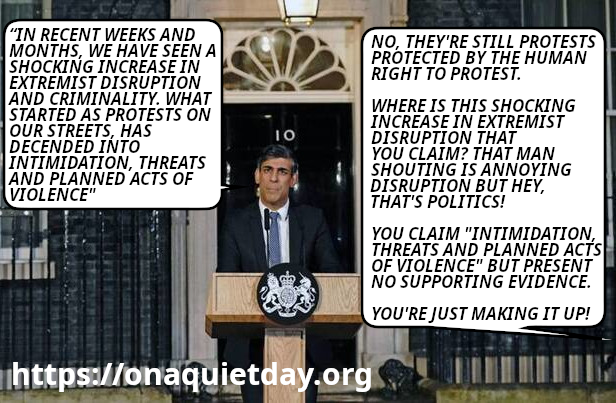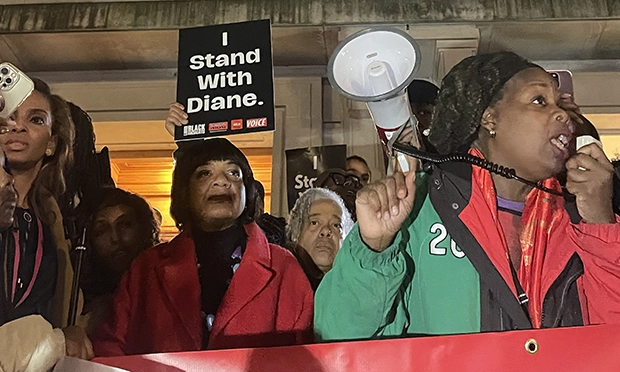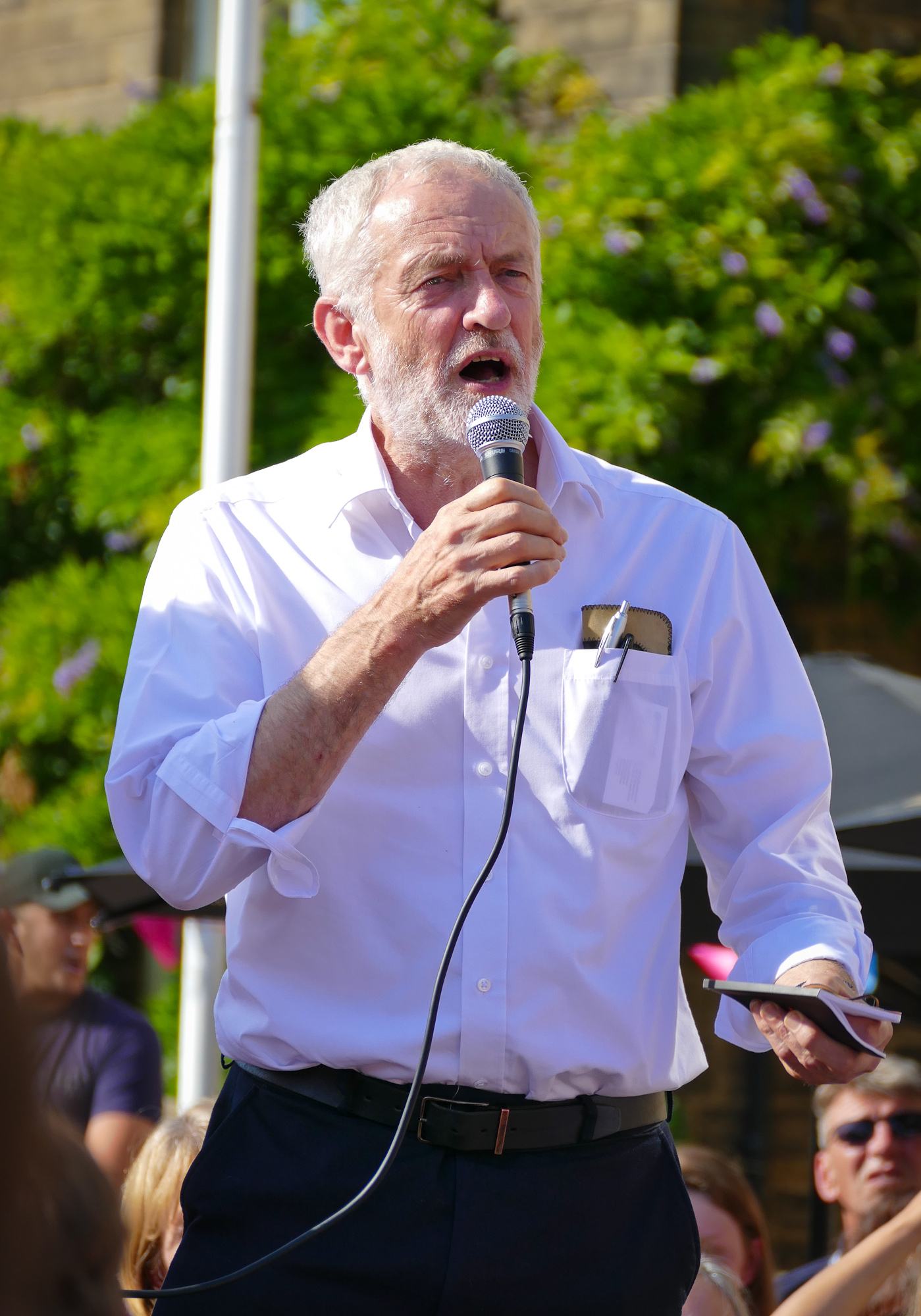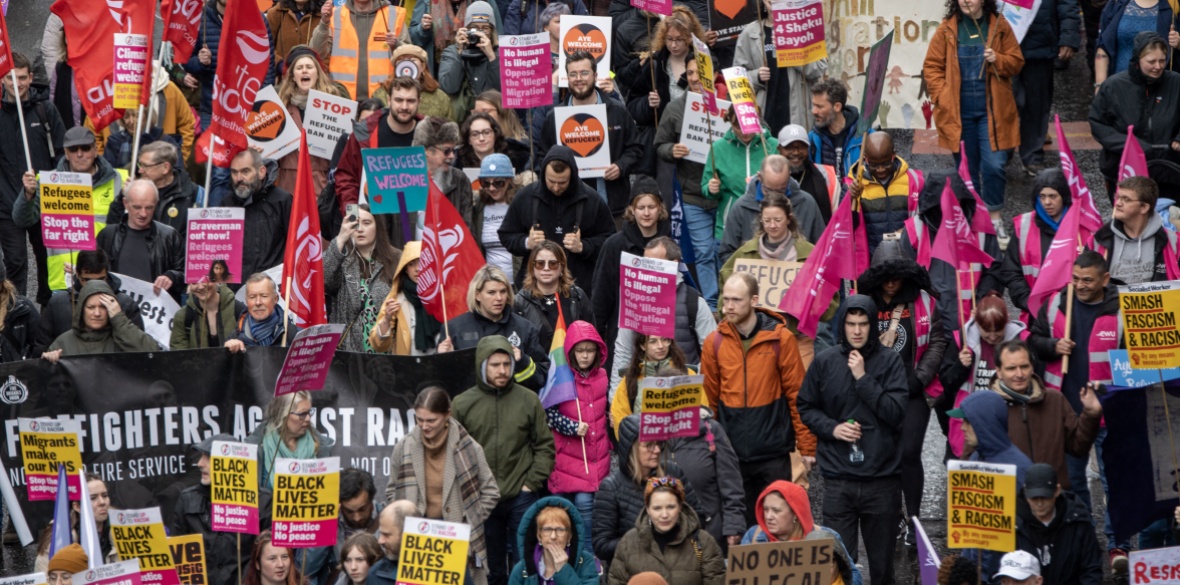Leeds Pride ends sponsorship deal with Frank Hester’s company over alleged racist comments
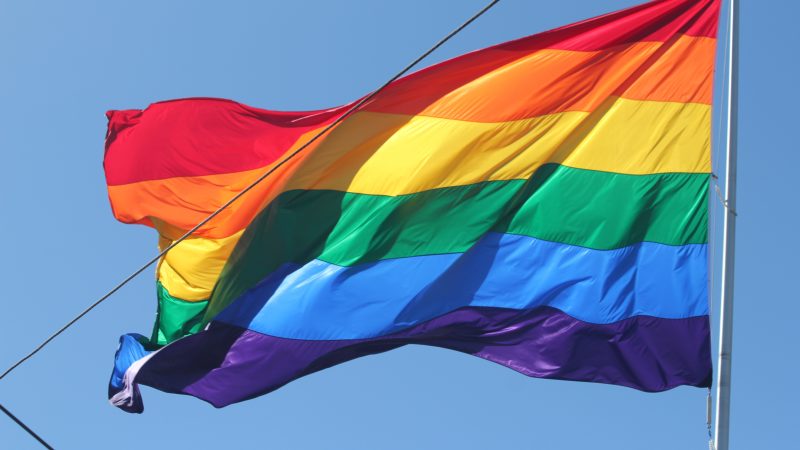
‘Through this decision, Leeds Pride asserts its position as an advocate for inclusivity, striving to ensure that Pride celebrations remain a platform for equality.’
Leeds Pride has terminated its sponsorship partnership with Leeds-based software company Phoenix Partnership (TPP), following the row over alleged racist comments the organisation’s founder and CEO Frank Hester said about Diane Abbott.
Organisers of Leeds Pride, which is due to take place on July 21, in celebration of LGBTQ+ culture, said they were ‘discontinuing’ the partnership, saying it was now ‘imperative it reassesses its association’ with Hester.
In a statement on social media, Leeds Pride said: “In light of recent developments involving alleged racist comments made by the TPP’s chief executive, it became imperative for Leeds Pride to reassess its association with the company. The decision to terminate the sponsorship agreement underscores the organisation’s dedication to upholding the values of diversity within the LGBTQ+ community and beyond.
“Leeds Pride acknowledges the concerns voiced by members of the community and recognises the importance of taking steps to uphold its principles. Through this decision, Leeds Pride asserts its position as an advocate for inclusivity, striving to ensure that Pride celebrations remain a platform for equality.”
…
Controversy consumed the businessman after the Guardian reported that Hester had allegedly made racist comments about MP Diane Abbott. The newspaper claimed he had said: “It’s like trying not to be racist but you see Diane Abbott on the TV, and you’re just like… you just want to hate all black women because she’s there.
“And I don’t hate all black women at all, but I think she should be shot.”
…
